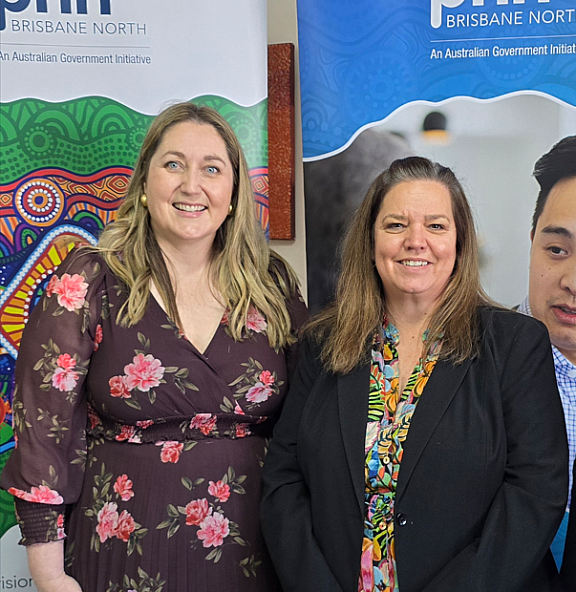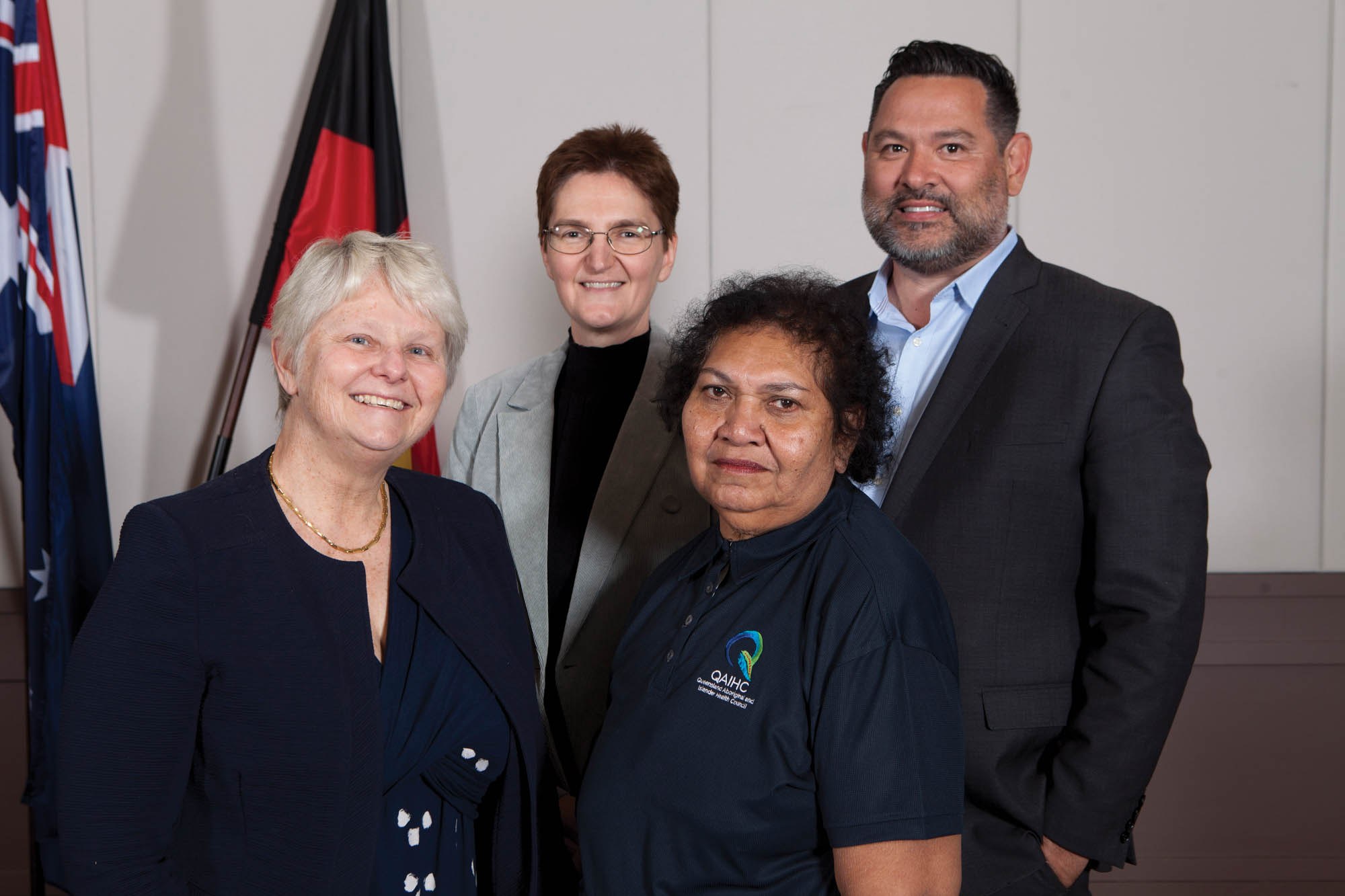
Announced: North Brisbane and Moreton Bay Medicare Mental Health Centres opening from July
Mar 27, 2025
Dec 16, 2019

On Wednesday 11 September, the Queensland PHNs joined with the Queensland Aboriginal and Islander Health Council (QAIHC) to sign an historic Memorandum of Understanding (MOU) in Canberra at the National PHN Conference.
This MOU signing saw leaders from all seven PHNs across Queensland and QAIHC join forces and commit to working together to improve Indigenous health in Queensland.
It is the first type of agreement in Australia between a peak Aboriginal and Torres Strait Islander health organisation and multiple PHNs and is based on shared principles, mutual recognition, and supports future collaboration between the two parties.
QAIHC CEO, Neil Willmett said that this is great news for the more than 186,000 Aboriginal and Torres Strait Islander people who live in Queensland.
“All of our organisations have been striving to improve health outcomes in Queensland. Working together will now assist accelerate improvements though a much needed collaborative approach.”
“Each of the seven PHNs in Queensland are proud to be part of this historic MOU,” said Abbe Anderson, Brisbane North PHN CEO and Chair of the Queensland and Northern Territory PHN CEOs group.
“All PHNs are committed to improving health outcomes for First Nations peoples, and we recognise the importance of working with the Community Controlled Sector to achieve these outcomes.”
QAIHC Chairperson Gail Wason said improving Aboriginal and Torres Strait Islander health is far more complex than most people think.
“Poor health is a harsh reality for many Aboriginal and Torres Strait Islander people. However, we are working to change this.
Agreements like this brings together expertise and leadership and will improve Aboriginal and Torres Strait Islander health in Queensland,” Ms Wason said.

We acknowledge the Traditional Custodians within our region: the Jagera, Turrbal, Gubbi Gubbi, Waka Waka and the Ningy Ningy peoples of where we meet, work and learn. Brisbane North PHN is committed to reconciliation. Our vision for reconciliation is where the stories of our First Nations’ people are heard and shared, and networks are formed.